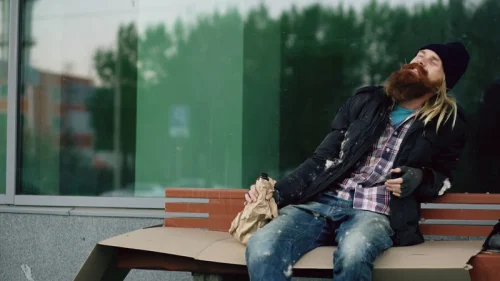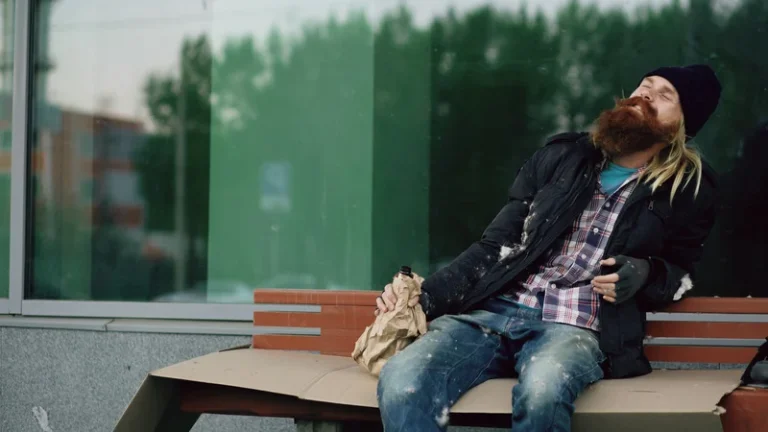Relapse Prevention: Strategies to Avoid Triggers

We strive to create content that is clear, concise, and easy to understand. Relapse can be an indication that treatment needs to be reinstated or adjusted. Sticking with treatment for the entire length of the program is important, too.
Reinforce Recovery at Gateway

Emotional triggers like guilt, shame, boredom, or anxiety are just as powerful. Understanding both types of triggers helps you stay ahead of relapse. The earlier people in recovery can identify and successfully respond to triggers, the greater their chances of prolonged abstinence.
- Getting a person back into treatment as quickly as possible is vital.
- This can range from attending 12-step meetings to living in a sober living facility after completing an inpatient or residential program.
- We do not receive any fee or commission dependent upon which treatment or provider a caller chooses.
- Triggers can evolve, so it’s always important to be proactive in identifying and addressing them.
- People battling depression commonly use drugs to combat the depressed feelings they are experiencing.
Exposure to Drugs or Alcohol

Here are seven common relapse triggers that can affect your addiction recovery. Many successful treatment plans are specifically tailored to each individual. As =https://ecosoberhouse.com/ soon as things start getting hard, it’s tempting to turn back to addiction. Instead, learn how to practice relaxation, and how to be relaxed in any and every situation.
Identify Triggers
Dealing with physical pain calls for the exploration of non-addictive pain management techniques and insistence on non-addictive prescriptions when necessary. By managing pain effectively without resorting to addictive substances, you can maintain your types of relapse triggers recovery and avoid relapse. There are three stages of a relapse, which include emotional, behavioral, and physical. Many people who struggle with addiction go through multiple relapses before achieving long-term sobriety.


Scheduling can also get stressful, as patients in treatment or aftercare may think about skipping therapy or support group meetings to attend family events they consider obligatory. The holidays also represent a break in routine that can influence a person’s desire to use a substance. One important study examined the effect of visual triggers in people who were former users of cocaine. Researchers showed the participants photos of cocaine and related situations and found that alcoholism treatment the images resulted in a subconscious emotional response in the brain. The researchers observed a rapid activation of the pathways related to drug cravings.
- Cognitive behavioral skills refer to your ability to recognize thought patterns influencing your emotions and determining your behavior.
- The more an individual knows about their personal triggers and warning signs, the easier it will be for them and their loved ones to recognize any signs of a relapse.
- In my book The Abstinence Myth, I explain how rigid abstinence models can increase shame, leading to more relapses.
- There are many categories of addiction relapse triggers, and they fall into multiple groups.
- Getting appropriate treatment for these conditions will go a long way toward helping you process negative emotions and feelings of intense anxiety.
Working with a professional to get a solid grasp on your triggers can be a smart strategy. Instead, it can be an opportunity to examine what lifestyle changes, coping skills, and adjustments may be needed to prevent relapse in the future. At this stage, working toward avoiding triggers or high-risk situations in which relapse could occur is critical. Therapy may focus on identifying high-risk situations and learning ways to avoid them. It may also involve normalizing occasional thoughts and relapse, and learning methods to let go of them quickly. In fact, between 40% to 60% of people with a substance use disorder relapse at some point in their recovery journey.